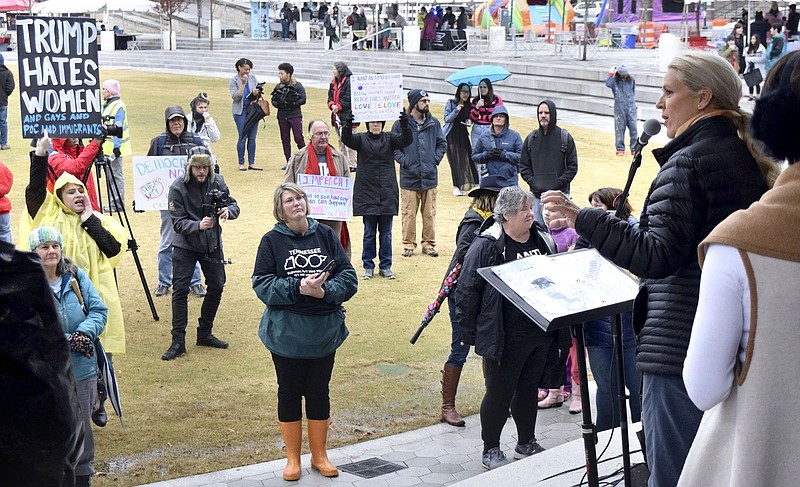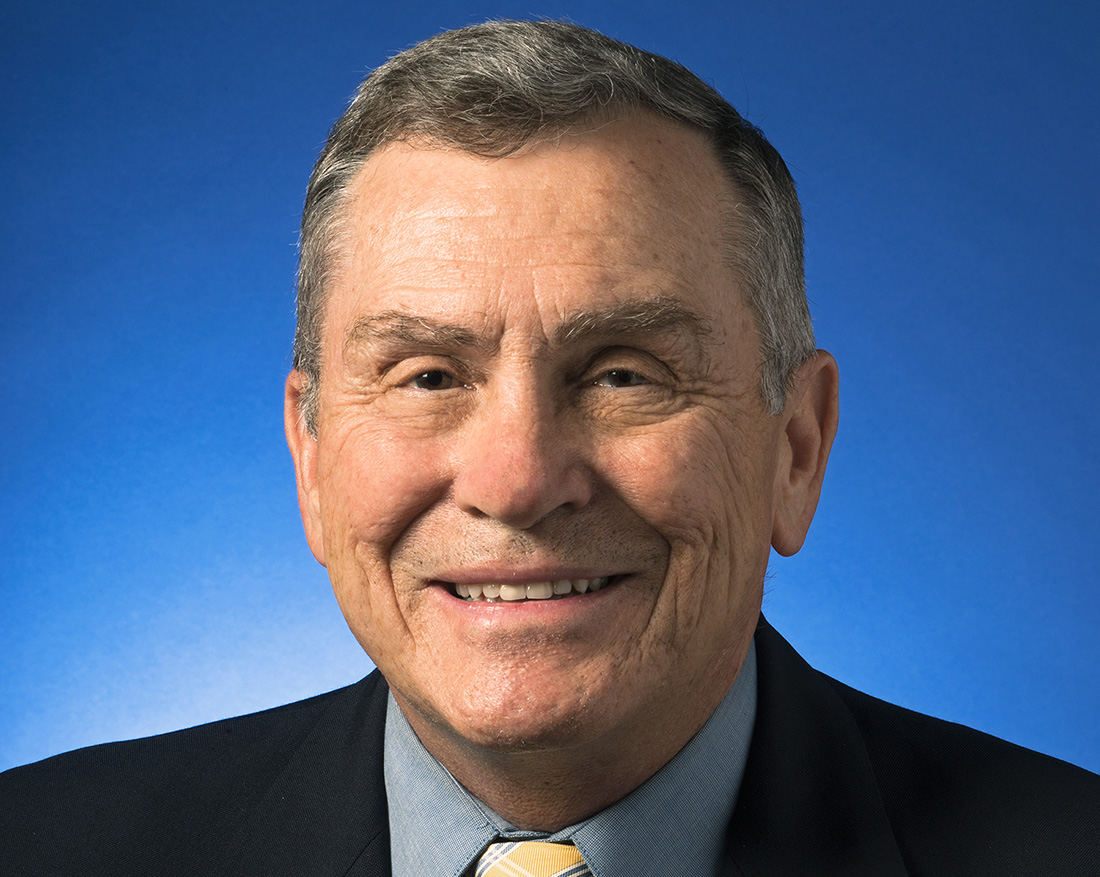In January, our nation recognized two unique groups of American citizens, African Americans and women. Interestingly, both groups have been tied together in their quest for equality since before the Civil War.
Susan B. Anthony moved with her family to Rochester, New York, in the early 1850s and met active abolitionists there, including Frederick Douglass. She viewed both blacks and women as Americans who were forgotten by the Founding Fathers, who had so gallantly proposed that all people were endowed by their Creator with inalienable rights.
Leaders of abolitionist groups and women's suffrage groups anticipated their followers would receive voting rights as full-fledged Americans liberated by the war. Then Republicans raced to pass the 14th and 15th amendments before Southern Democrats resumed their seats in Congress and the Senate. Those amendments allowed African American men, but not women of any color, the right to vote. Women suffragists felt betrayed by both abolitionist leaders and the Republican Party. In response, Anthony and her colleague Elizabeth Stanton began the National Women's Suffrage Association (NWSA) in 1869.
Over the next 50 years, the political situation changed substantially. Women gained attention through the temperance movement to control alcohol, and they proved their value to the nation during World War I both as employees in munitions factories and as nurses caring for wounded doughboys. Additionally, Susan Anthony's nascent NWSA, born 51 years earlier, morphed into the League of Women Voters, a powerful political force. In 1919, Congress and the Senate voted overwhelmingly to support a Constitutional Amendment giving women the right to vote.
The bill was then sent to the individual states for ratification. It was a close call. Tennessee was the 36th state that needed to ratify the bill to make it the law of the land. Initially, Tennessee legislators voted against ratification, but then 24-year-old Harry Burn changed his vote after his mother's appeal. On Aug. 18, 1920, Tennessee was the linchpin state that led to ratification of the 19th Amendment. It was a great moment for women and a great moment for our state and our nation.
The recent Women's Rally in Chattanooga was a wonderful opportunity to honor Tennessee women who were so instrumental in the cause of suffrage 100 years ago. Republican state Rep. Robin Smith was asked to introduce the keynote speaker, Paula Casey, author of "The Perfect 36: Tennessee Delivers Woman Suffrage."
Like the divisive circumstances that delayed American women the right to vote for 50 years after African American men could vote, different priorities for the rally emerged. Some of the attendees never intended for the rally to represent "all" women, only women with a certain political tilt. When Smith stood to speak, her comments were eclipsed by angry shouts, boos and curses.
Why? She respects an unborn child's right to life, and she faithfully represents her constituents who believe marriage is between a man and a woman and that God created us male and female. Neither position is popular among some of the women's rally attendees.
Despite the attempts of a few to hijack the rally, however, facts are stubborn things. Most women don't abort their babies; they choose to be mothers. Also, many women voted for Robin Smith and for Donald Trump. Because a woman isn't a liberal doesn't mean she is less of a woman.
What a missed opportunity for women to unite and to show respect for the success of Tennessee women and their cause to pursue democratic equality. Fortunately, most American women focus on causes that benefit all women.
Roger Smith, a local author, is a frequent contributor to the Times Free Press.

